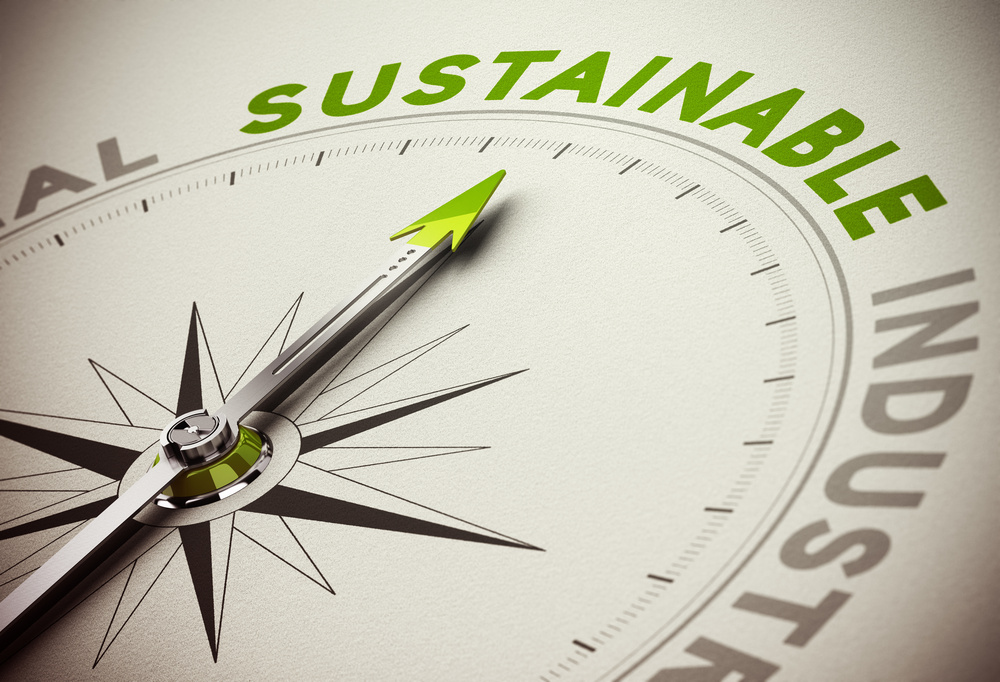Scrap Plastic and Managing Commercial Waste

Waste is an unavoidable part of life. Humans generate waste in everything we do. Therefore, we also need to manage that waste. Doing so is difficult enough at home. But in a commercial setting, waste management can be nothing short of daunting. The good news is that it can be done effectively with the right strategies.
We practice a form of waste management through commercial plastic recycling. We buy scrap plastic from companies in seven states, including Tennessee and Mississippi. The plastics we buy are transported back to our facilities where they are put through a series of grinders and magnets. Plastic regrind, a product we can sell to manufacturers, comes out the other end.
We mention all of this to say that recycling is one of the strategies a commercial enterprise can implement to better manage its waste. Not only can post-industrial plastics be effectively recycled, but so can office wastepaper, office equipment, small electronics, and so much more.
Look for Ways to Reduce Your Industrial Scrap Plastic Waste and Overall Waste
Recycling is just the starting point for managing commercial waste better. Another strategy is to look for ways to actually reduce waste. The less waste a company produces, the less it has to manage. It is just common sense. What might be harder to figure out is how to go about doing it.
Does your company rely heavily on single-use items? If so, look for reusable alternatives. You can also develop policies for reusing and repurposing certain things. Take copy paper. It is pretty common for offices to print on only one side. But printing on both sides significantly reduces the amount of paper consumed.
Look at Your Purchasing Habits
Next up, take a look at your company’s purchasing habits. You might discover that you are purchasing a lot of single-use items because they are cheaper at the time of purchase. Company bean counters perceive this as savings. But wait. Over time, continually buying single-use products may not be saving money at all. You might be spending more than you would on reusable products.
Look at Your Office Practices
Along the same lines as purchasing habits are office practices. Some of the things that employees do in the office are wasteful by nature. For an easy-to-understand example, we go back to paper. Printing paper reports and distributing them to team members who will never read them generates waste unnecessarily – even if the author of the report prints on both sides of the paper.
Maybe it is better to print copies only for a few key people. The rest of the team could use digital copies instead. Just by thinking about who is most likely to read a report, as opposed to those who won’t, you can use less paper.
Implement Waste Management Policies
This final strategy was purposely saved for last because it envelops everything else. Here it is – implement waste management policies tailored to the way your company does business. Why? Because most waste generation isn’t intentional. People do not set out to be wasteful. Rather, excessive waste is the result of carelessness or a lack of knowledge about how to avoid it.
Waste management policies provide the guidelines employees need. Policies explain how to do things, what to do with generated waste, and how to avoid creating waste unnecessarily. When people know what to do and how to do it, they will respond.
Waste is a normal part of doing business. We know. We make our living collecting industrial scrap plastic and turning it into a product we can sell. We might be able to help you manage your plastic waste as well.